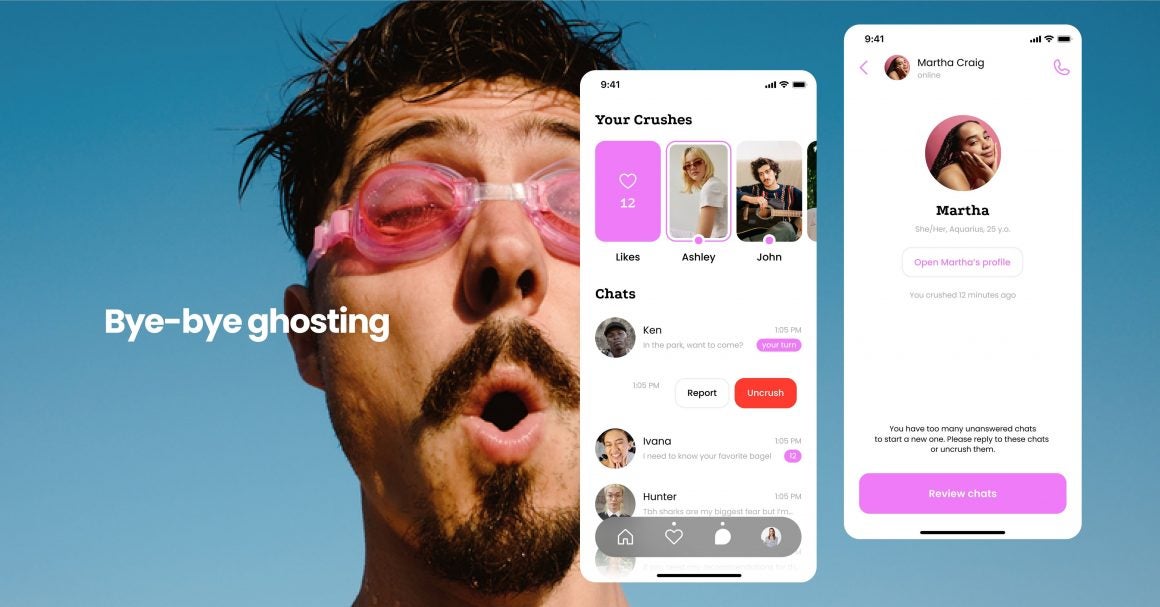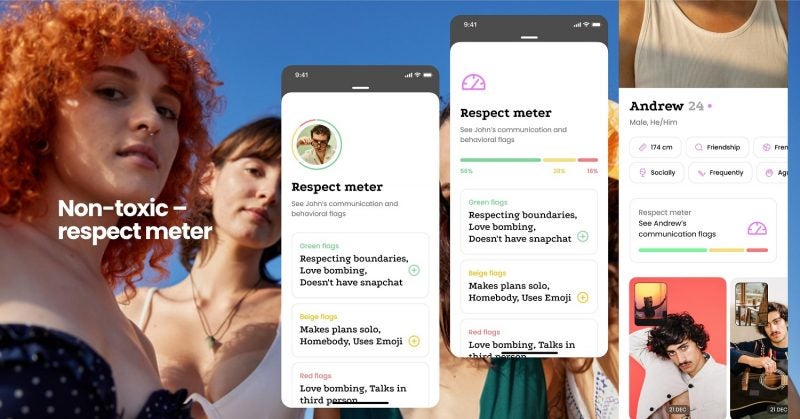Online dating has irreversibly altered the way we find love in the contemporary world.
It introduced a whole new liberating level of experiences, from connecting previously disparate and hidden LGBTQIA+ communities to ushering in new and relatively safe tools for more thoughtful communication all over the mainstream. But with its convenience and widespread adoption, there’s a dark flipside of toxicity and scams that can’t be ignored. Bad faith actors all over the dating apps exploit emotions and sometimes even extract money or other benefits. What exactly are their deceptive tactics, and how can one protect oneself against them?
1. Situationships:
This popular term is used to describe a romantic relationship that’s undefined or uncommitted. These are usually confusingly blurry, both a product of and a fertile ground for emotional exploitation without committing to genuine feelings or intentions.
2. Love bombing:
It’s a phenomenon where a person gives unexpectedly intense affection and attention at the beginning of a relationship and then withdraws it. This manipulative tactic serves to make the victim feel special and then destabilizes them emotionally when the affection is pulled back.
3. Futurefaking:
Basically, “love bombing Pro Max”: this term when someone characteristically early promises you a future together, in the worst cases, with no earnest intention of following through. By faking a dreamy future, they lure you into an especially deep false sense of commitment and security.
4. Money seeking:
As the name suggests, money seekers are individuals interested in extracting financial benefits. They will often craft an intricate storytelling narrative of financial hardship, in a move to prey on the victim’s generosity and sympathy.
5. Posturing:
This term is reserved for people who pretend to be someone they’re not. They will lie about their careers, hobbies, families, and personal details to seem more interesting or accomplished than they really are.
6. Catfishing:
This is a situation where the person you text pretends to be someone they’re not by using a fake profile, often with stolen photos and false details. Can extend to mimicking those actual people from whom the details are stolen, for example influencers and minor celebrities. Is sometimes a part of a strategy to lure the victim into a trap ending in violence.
7. Ghosting:
A term probably most synonymous with modern dating, it refers to the person completely disappearing from your life by stopping all communication without a heads-up or explanation.
8. Ghostlighting:
A toxic amalgamation of ghosting and gaslighting, when someone ghosts you but then returns, acting like nothing happened and challenging you to question your understanding of the situation.
The Emotional Toll and How to Guard Against
People on the receiving end are often left to deal with trust issues, lowered self-esteem, and trauma that might take ages to heal. It’s indispensable to remember that the key to avoiding any of those is to be informed, trust your gut, and be wary of red flags. Keeping personal (and financial) information private, staying clear of rushed emotional commitments, and being in check with reality go along with it.
The Safe Haven As Envisioned by RAW
The team behind the budding dating app RAW deeply understands the pitfalls of modern dating. The recent survey RAW conducted of over three thousand Gen Z New Yorkers aged 20-28 has confirmed their fears about the realities of dating apps. A surprising 50% of users shared negative experiences, with a staggering 82% admitting to being ghosted at least once.
The way RAW acted upon the learnings is by designing the app to protect its users from scams, toxicity, and abuse. The app’s killer feature, the BeReal-like live dual camera photo posting, ensures authenticity and prevents catfishing, while its Respect Meter (section on profiles compiled from feedback from other users) and No-Ghosting rule (auto-dissolution of chats after a certain period of inactivity) create a transparent and accountable environment. RAW’s approach encourages honest connections, promotes positive and constructive behavior, and fosters a community with an inherent culture of respect. It’s features like these that can make RAW a forerunner in reducing scam and abuse.


